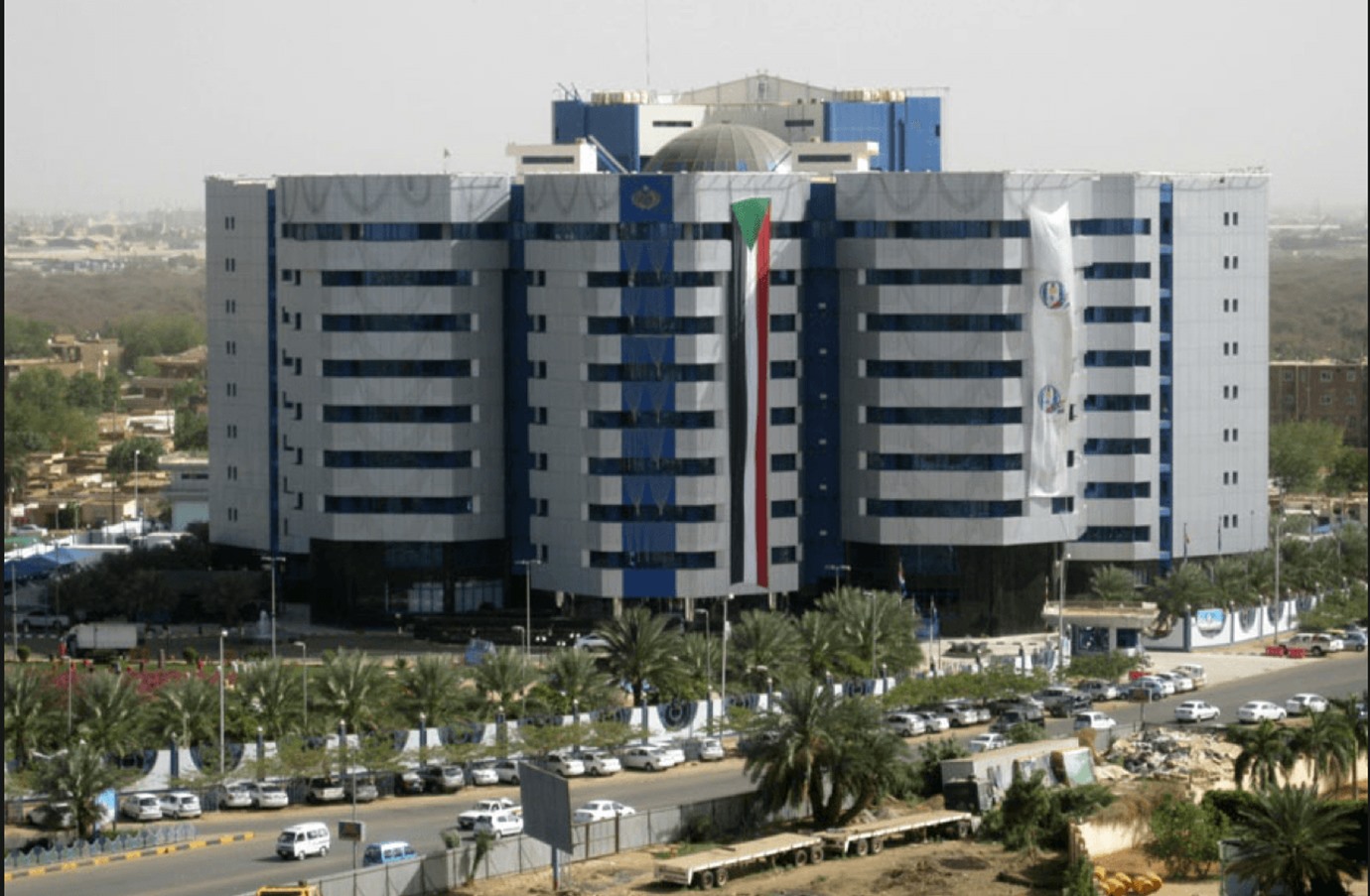Sudan’s Central Bank has conducted the first auction to sell foreign currency, at a value of $40 million, to customers through commercial banks to meet requests to import essential goods from abroad.
Coinciding with Sudan’s Central Bank action, the black markets began to recover again. The dollar price exceeded 450 Sudanese pounds, while the official exchange rate reached 401 pounds.
The director of the Policy and Research Department in the bank, Mustafa Muhammad Abdullah, said that the central bank has conducted financial transactions with the US Federal Reserve.
The transaction will be organized gradually by an agreement to be concluded soon between the two sides, he said.
Abdullah indicated that the loan funds provided to Sudan would enter the banking system. This would increase the hard currency reserves.
The bank did not disclose the size of the country’s foreign exchange reserves. But, it pledged to continue holding auctions regularly to cover the needs of customers. The bank scheduled the second auction, at a value of $50 million, on next Tuesday.
Abdullah pointed out that the auction mechanism provides cash resources to importers to provide strategic goods. This would prevent any shortage in goods that would create a crisis.
He indicated that the main objective of starting the auction is to eliminate fluctuations in the value of the national currency against foreign currencies on the black market.
The strategy also aims at stabilizing the exchange rate until the implementation of the flexible exchange rate policy approved by the bank in its future policy.
Supervisory controls
Abdullah confirmed that the Sudanese Central Bank approved “strict control procedures and controls to monitor the flow of funds into clients’ accounts abroad in different currencies, to prevent foreign currencies from leaking to feed the black market at home”.
In order to enter the auction, each customer must submit one application through a commercial bank, and put the equivalent amount in local cash.
“The total bank purchases since the unification of the currency rate last March exceeded $1,200,000. The transfers were made from abroad through the banking system in the country,” the bank official said.
He explained that “the flows from international financial institutions to the Sudanese government will enter through the banking system, and help build reserves at the present time”.
Keep reading: Sudan’s Program To Support Families Faces Difficulties























































